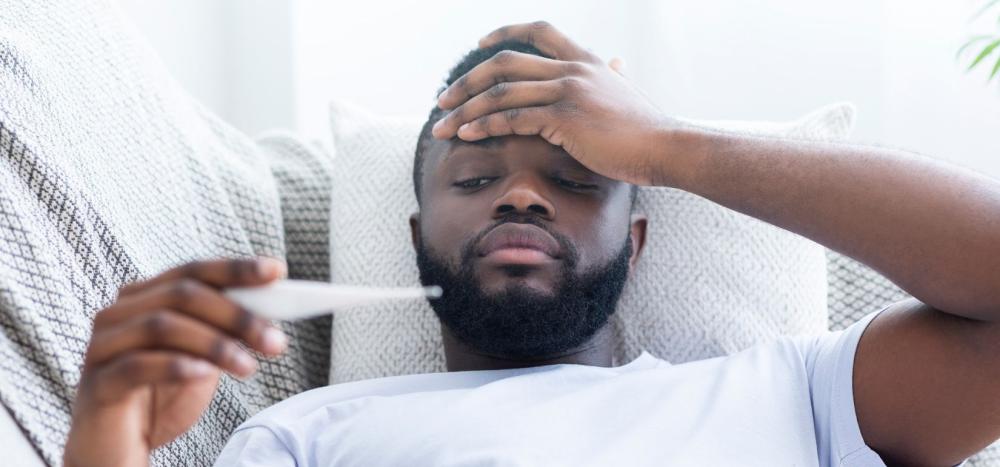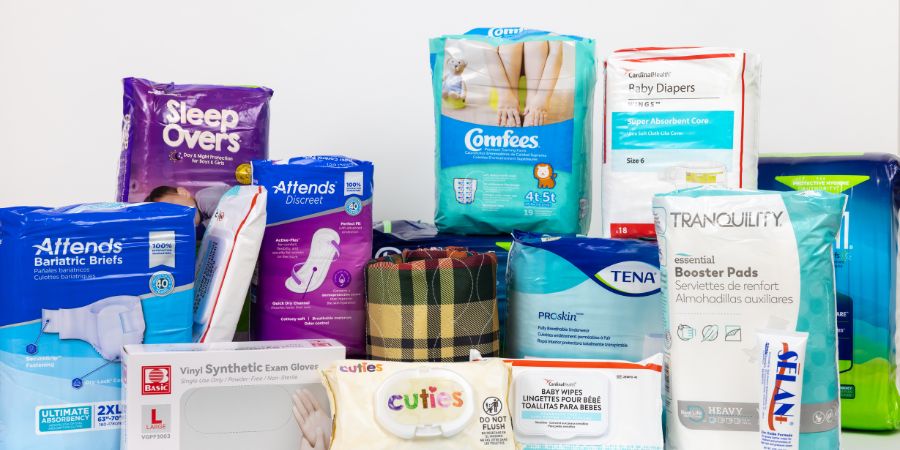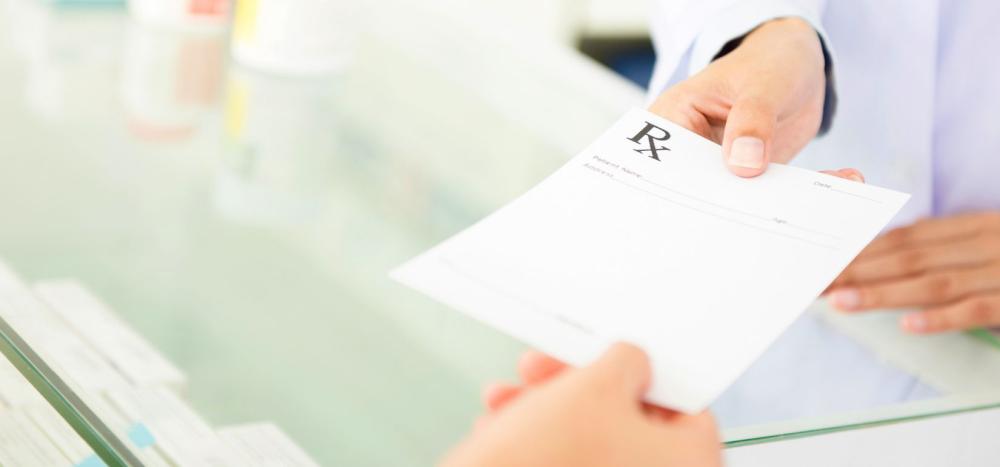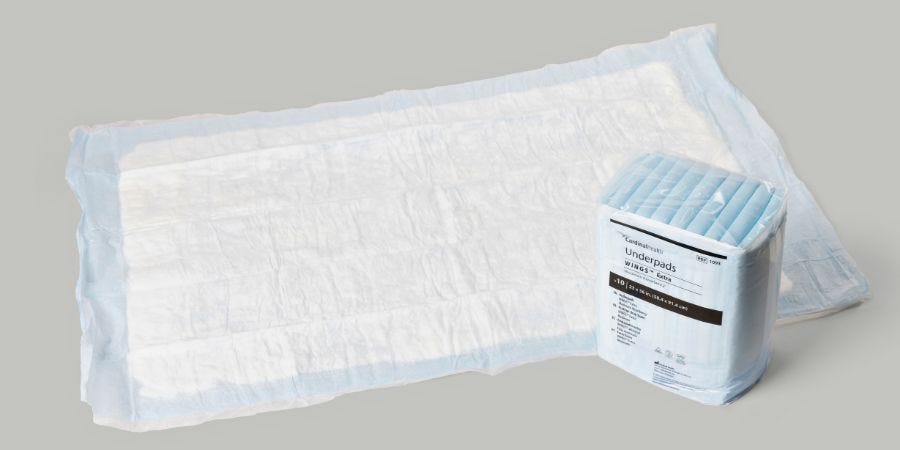Getting a cold or the flu in winter can cause urinary incontinence, but there are ways you can reduce leaks.
5 Reasons You Might Leak Urine During Cold & Flu Season (And How to Stay Dry!)
-
 By Aleece Fosnight
By Aleece Fosnight - Nov 13, 2025

 By Aleece Fosnight
By Aleece Fosnight 
Getting a cold or the flu in winter can cause urinary incontinence, but there are ways you can reduce leaks.
 By Marlee Septak
By Marlee Septak 
Learn how getting free incontinence supplies through insurance can reduce UTIs, improve health, and ease financial stress. See if you qualify today.
 By Marlee Septak
By Marlee Septak 
Wondering why you need a prescription in order to get your incontinence products? Read this article to find out.
 By Marlee Septak
By Marlee Septak 
Certain medications can cause urinary leakage for a number of reasons. Read our list to see if your medications might be behind your incontinence.
 By Marlee Septak
By Marlee Septak 
Dealing with incontinence? Aeroflow Urology helps you get underpads (chux) for free through insurance! Find out if your plan covers incontinence supplies and how to qualify.
 By Marlee Septak
By Marlee Septak 
Discover ways to manage urinary incontinence after prostate surgery. Use this article to learn about treatment options and how you can qualify for free incontinence products through Aeroflow Urology.
 By Marlee Septak
By Marlee Septak 
If you are an individual or a family on low income, you may qualify to get incontinence products at little to no cost. Find the resources available to you.
 By Marlee Septak
By Marlee Septak 
Learn these 10 yoga poses to include in your routine to strengthen your pelvic floor.
 By Anne G. Bragg
By Anne G. Bragg This blog has been edited by Marlee Septak, Senior Content Specialist at Aeroflow Urology.

 By Marlee Septak
By Marlee Septak 
Learn about the types of urinary incontinence and how talk therapy can help manage the emotional impact, including shame, anxiety, and depression, to improve your quality of life.